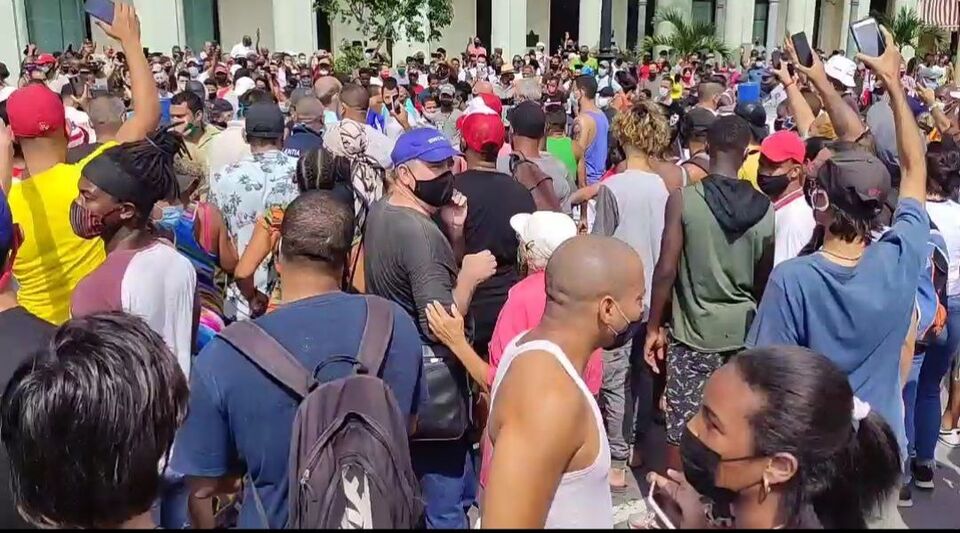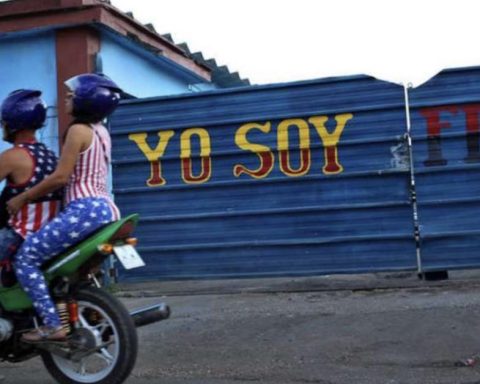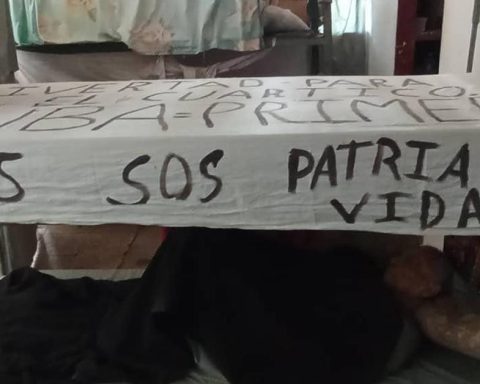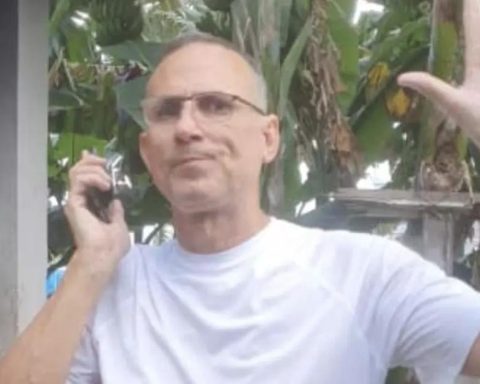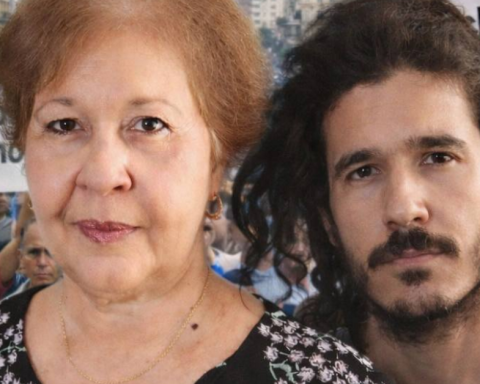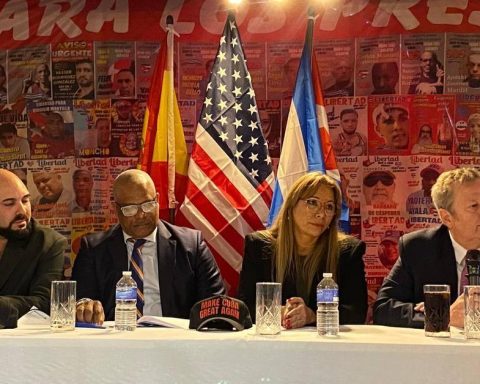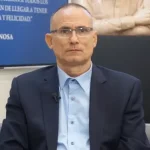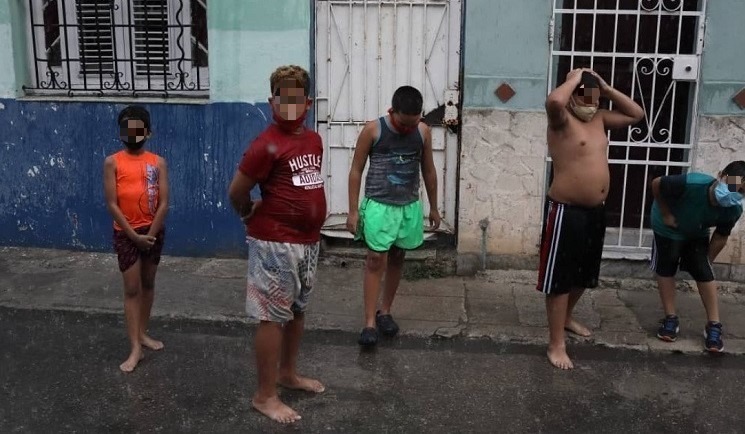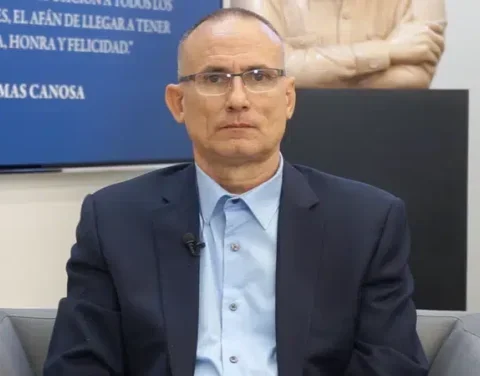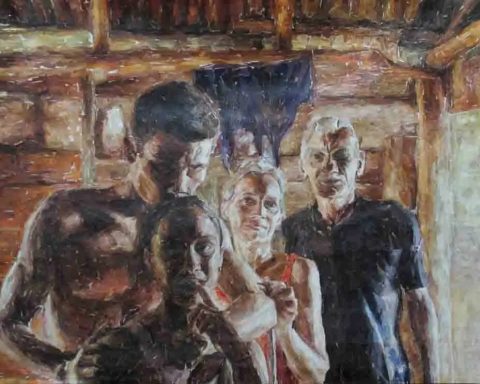The organization Prisoners Defenders (PD) assures that in Cuba there are children up to 13 and 15 years old in jail for having participated in the peaceful demonstrations of last July 11. The minors make up a list of 13 poorly documented cases that the NGO includes in a report posted this monday and presented Friday to the United Nations.
In it, PD denounces the systematic violation of the Rights of the Child on the Island, focusing on two axes: on the one hand, the detention of minors under 18 after 11J, a total of 36, and, on the other, the forced separation of thousands of parents and children involved in the internationalist brigades.
Thus, it records that Erik Yoángel Héctor Plaza, 13, is in provisional detention in the Helpi prison, Matanzas, for the crimes of attack and public disorder. “The accusation is very flimsy,” explains Prisoners Defenders, “and it is possible that, like most of the accusations we have analyzed, it is false.”
In addition, the document continues, “in Matanzas, the State Security forces have proof and ample evidence that they acted with extreme aggressiveness against peaceful protesters, and we also know that there may have been some isolated cases of response in legitimate defense.”
“In Matanzas, the State Security forces have proof and ample evidence that they acted with extreme aggressiveness against the peaceful demonstrators”
Together with Héctor Plaza, the organization collects the cases of Alexander Morejón Barroso, 15 years old and a resident of La Güinera, who they say was “arrested and taken to the torture and interrogation center at 100 y Aldabó” and who is also in provisional prison accused of of public disorder and contempt, as well as those of Leosvani Jiménez Guzmán (15 years old), in the maximum security prison of Guanajay, Artemisa, and Rubén Alejandro Parra Ricardo (15 years old), taken to the juvenile prison of Holguín, after been missing for months, and whom his mother has only seen once in this time.
The rest of those 13 cases, of which the PD clarifies there are data that they have not been able to verify, are made up of 16 and 17-year-olds, including two girls, Katherine Martín Taquechel and Gabriela Zequeira Hernández, both from Havana. The first, the organization denounces, was “severely beaten” in El Guatao prison “despite being epileptic” and, after a “summary trial” on July 20, sentenced to one year in prison, which was converted, after the appeal, in a year of house arrest.
For its part, before the UN Committee on the Rights of the Child, Havana insisted that there are no detainees under the age of 16, the legal age of majority on the island. “Currently, 662 inmates of 16 to 18 years of age. Of the ages of 16 and 17 there are 264, the rest are 18 years old,” the Government details in its responses.
The minors detained in Cuba in recent years, continues the regime, “are mostly males between 14 and 15 years of age, mestizos and blacks,” whose “family circles” are characterized “by being incomplete (absence of the father fundamentally); dysfunctional ; with failures in the use of educational and control methods in the activities of minor children; as well as the existence of indicators of domestic violence such as fights or mistreatment and alcohol consumption.
In any case, with the 13 new cases, the updated list of political prisoners under 18 years old amounts to 36. Of these, 22 are legally detailed in the report of the Madrid-based NGO.
In the second axis of its denunciation, the report offers the testimonies of more than 1,000 Cuban professionals who have suffered the so-called “8-year law”, during which the regime does not allow anyone who I deserted of one mission international, and that implies that there are “between 5,000 and 10,000 children” in Cuba separated by force from their parents.
________________________
Collaborate with our work:
The team of 14ymedio is committed to doing serious journalism that reflects the reality of deep Cuba. Thank you for joining us on this long road. We invite you to continue supporting us, but this time becoming a member of our newspaper. Together we can continue transforming journalism in Cuba.
